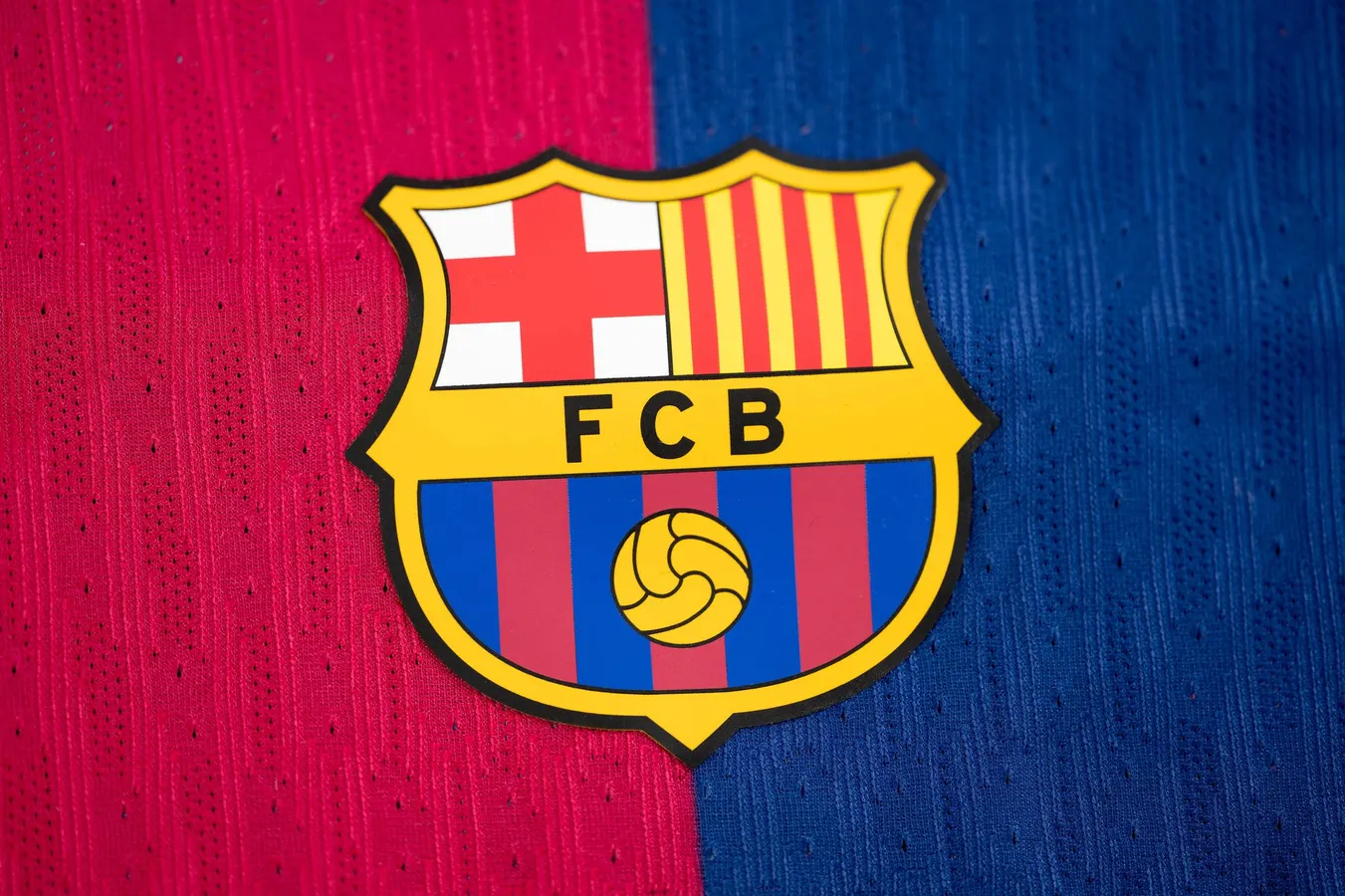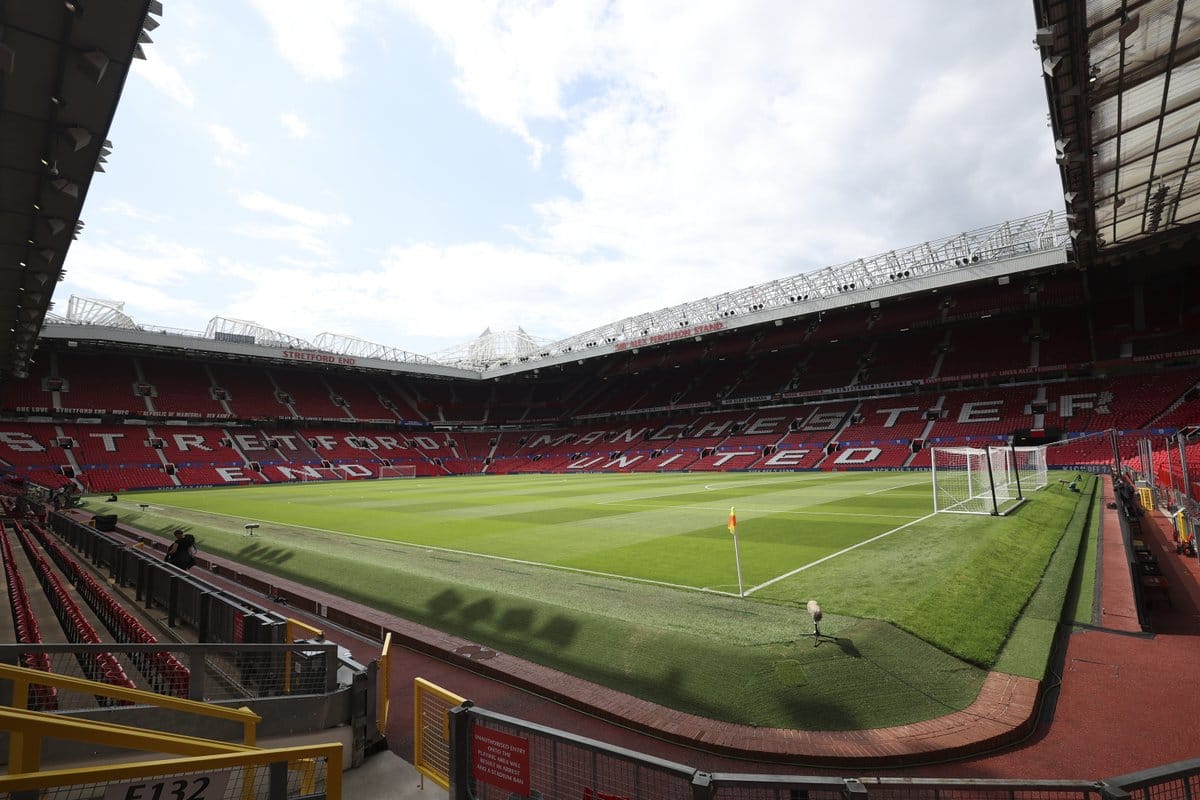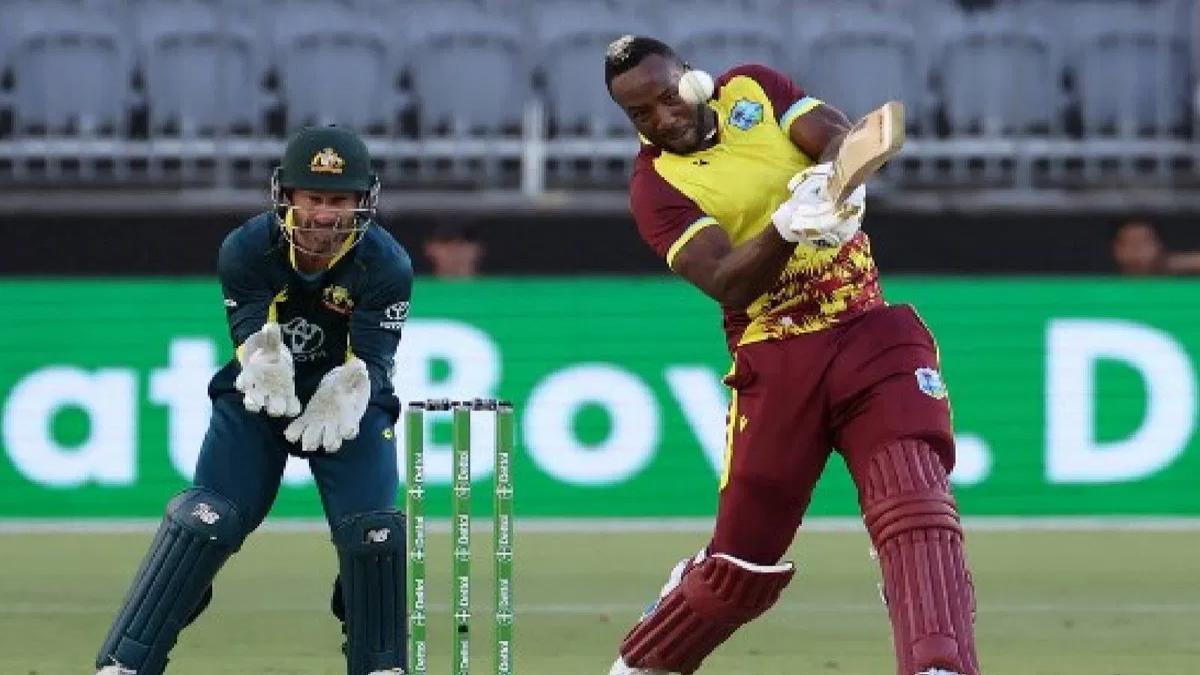(Football News) Amidst the chaos surrounding him, including a tearful Lebanon penalty taker, ecstatic Indian players charging towards their goalkeeper, and a jubilant coach embracing everyone nearby in the stands, Gurpreet Singh Sandhu remained calm and composed.
As the hero of India’s victory over Lebanon through penalties, Sandhu celebrated in a restrained manner, signaling to his teammates as if to convey, “Stay composed, I’ve got this.” Throughout his career, he has consistently been there, enduring fierce shots in an acclaimed draw against Qatar, standing firm like a rock to frustrate China, and, as he did on Saturday, saving penalties and clinching victories against formidable teams like Lebanon.
Sandhu’s spectacular full-length dive to save Lebanon’s initial penalty shifted the momentum in India’s favor, and with flawless conversions from the Indian team, the outcome was sealed when Khalil Bader sent the ball sailing over Sandhu’s goal, leaving no doubt about the result.
Following a 46-year-long wait without defeating Lebanon, India has now emerged victorious over them twice within two weeks. Their 2-0 triumph in Bhubaneswar not only secured them valuable ranking points but also set the stage for a shot at regional glory. In a hard-fought semifinal match of the South Asian Championship, Saturday’s relentless 4-2 victory via penalties came after both teams failed to break the deadlock during 120 minutes of regular play. As a result, India has earned the opportunity to compete against Kuwait in the final, scheduled to take place on Tuesday.
The Indian players experienced a mixture of relief and joy, fully aware that the outcome could have easily favored the opposing team. In a match where scoring opportunities were scarce during regular time, it was Lebanon who had a chance to take the lead within the first minute. Just 50 seconds into the game, George Melki delivered a cross from the right, locating Nader Matar unmarked on the far post.
Gurpreet Singh Sandhu was caught off guard, and the defenders seemed resigned to the situation. All Matar needed to do was control the ball and calmly tap it in from close range, but he opted for power rather than precision, resulting in the ball sailing over the crossbar.
This early miss established the tone for the rest of the match, as both teams squandered the limited opportunities that came their way.
There were also glimpses that shed light on India’s tendency to struggle in front of the goal. Around the 15th minute, Sunil Chhetri skillfully advanced, drawing defenders towards him and creating space for his teammates. Employing an audacious outside-of-the-boot pass, the 38-year-old veteran found young midfielder Jeakson Singh, who gained national recognition six years ago when he scored India’s first goal in the FIFA Under-17 World Cup.
Jeakson, unfortunately, seemed to lack the same confidence he had exhibited in the past. With only the goalkeeper standing in his way, instead of taking the shot himself, Jeakson opted to pass the ball across the goal to Sahal Abdul Samad. However, Sahal was caught off guard as he had slightly strayed into an offside position, leading to a missed opportunity.
During the opening half, it was the closest India came to scoring a goal in a match that quickly devolved into a physical and rugged battle. The teams struggled to establish a rhythm due to frequent stoppages caused by hard-hitting and, at times, cynical tackles.
The second half followed a similar pattern, with both teams finding it challenging to create meaningful opportunities. However, a series of substitutions injected new energy into the Indian side. Defenders Nikhil Poojary and Akash Mishra, along with midfielders Rohit Kumar and Naorem Mahesh, were brought on, revitalizing India’s attacking efforts. In contrast, Lebanon seemed content to sit back and exploit India’s vulnerabilities on the counter-attack.
Mishra and Poojary displayed more initiative compared to the players they replaced, Subhashish Bose and Pritam Kotal, and frequently surged forward to support India’s offensive maneuvers. This increased India’s pressure on Lebanon, particularly from wider areas, resulting in a flurry of corner kicks in the closing stages. However, once again, the quality of the deliveries fell short, and the Lebanon goal remained largely unthreatened.
India showcased their flair and skill in abundance. On the left side, Ashique Kuruniyan skillfully executed nutmegs on defenders and outmaneuvered them with his agile movements. Meanwhile, on the opposite flank, Lallianzuala Chhangte elegantly evaded his markers, occasionally utilizing bursts of speed to create space, and delivered crosses into the penalty area. However, despite their impressive displays, both wingers struggled to maintain precision, resulting in infrequent threatening deliveries.
In addition to their flashy maneuvers, India also resorted to more conservative tactics, patiently holding back, recycling possession, and patiently waiting for an opening in Lebanon’s defense. They even resorted to launching long balls into the opponent’s penalty area, but unfortunately, their attempts failed to yield positive results.
India’s reliable figure, Sunil Chhetri, took matters into his own hands and came agonizingly close to scoring early in extra time. His powerful shot from the edge of the box was deftly tipped over the crossbar by an outstretched goalkeeper.
Meanwhile, on the sidelines, coach Igor Stimac, who had been suspended after being sent off in the previous match, helplessly watched the proceedings from the stands, sharing the box with cricketer Shreyas Iyer.
The introduction of Udanta Singh during the later stages of the game added more potency to India’s attack. Known as ‘Flash’ due to his incredible pace, Udanta displayed glimpses of his former self, reminiscent of his thrilling runs on the wings that enthralled the Kanteerava Stadium crowd in Bengaluru while donning the blue jersey. On Saturday night, he appeared equally menacing while wearing the India national team jersey.
During extra time, Udanta became the focal point of nearly every attacking move as the home team went all out in search of the decisive goal. However, despite their relentless efforts throughout the night, the team continued to struggle with the finishing touch, as they were unable to find the back of the net.
As expected, on a night where the attackers from both teams appeared lackluster, as indicated by the goalless scoreline after 120 minutes of play, it was ultimately the goalkeeper who emerged as the decisive figure.
Also Read: SAFF Championship: India eye ninth title














